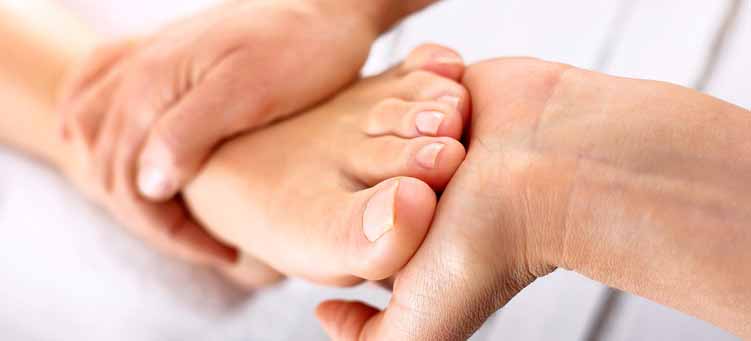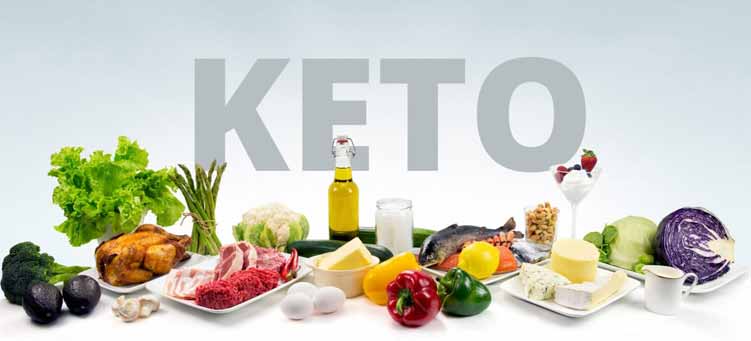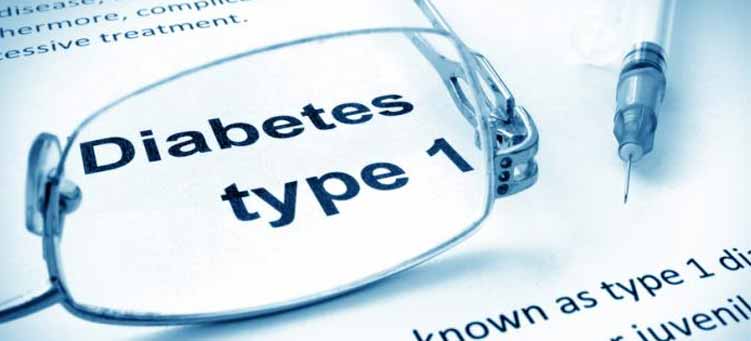For an oversexed culture that isn’t afraid to push boundaries on TV, in movies, on the radio, and in books and magazines, we’re awfully shy about sex when it comes to our health. In fact, even though people with diabetes are at a higher risk for sexual problems, a 2010 study in the journal Diabetes Care found that only about half of all men with diabetes and 19 percent of women with diabetes have broached the topic with a doctor. And, truth is, many doctors don’t feel comfortable prodding patients…
Read MoreMonth: November 2017
How can diabetes affect my feet?
How can diabetes affect my feet? Chronically high blood sugar (glucose) levels can be associated with serious complications in people who have diabetes. The feet are especially at risk. Two conditions called diabetic neuropathy and peripheral vascular disease can damage the feet (and other areas of the body) in people who have diabetes. What is diabetic neuropathy? Chronically high sugar levels associated with uncontrolled diabetes can cause nerve damage that interferes with the ability to sense pain and temperature. This so-called “sensory diabetic neuropathy” increases the risk a person with…
Read MoreDiabetes and Foot Problems
For people with diabetes, having too much glucose (sugar) in their blood for a long time can cause some serious complications, including foot problems. How Can Diabetes Affect My Feet? Diabetes can cause two problems that can affect your feet: Diabetic neuropathy. Uncontrolled diabetes can damage your nerves. If you have damaged nerves in your legs and feet, you might not feel heat, cold, or pain. This lack of feeling is called “sensory diabetic neuropathy.” If you do not feel a cut or sore on your foot because of neuropathy,…
Read MoreWhat is a Keto Diet?
A keto diet is well known for being a low carb diet, where the body produces ketones in the liver to be used as energy. It’s referred to as many different names – ketogenic diet, low carb diet, low carb high fat (LCHF), etc. When you eat something high in carbs, your body will produce glucose and insulin. Glucose is the easiest molecule for your body to convert and use as energy so that it will be chosen over any other energy source. Insulin is produced to process the glucose…
Read MoreWhat Is Type 1 Diabetes?
Type 1 diabetes is a chronic disease. In type 1 diabetes cells in the pancreas that make insulin are destroyed, and the body is unable to make insulin. Insulin is a hormone that helps your body’s cells use a natural sugar called glucose for energy. Your body obtains glucose from the food you eat. Insulin allows the glucose to pass from your blood into your body’s cells. Your liver and muscle tissues store extra glucose, also called blood sugar. It’s released when you need extra energy, such as between meals,…
Read More



